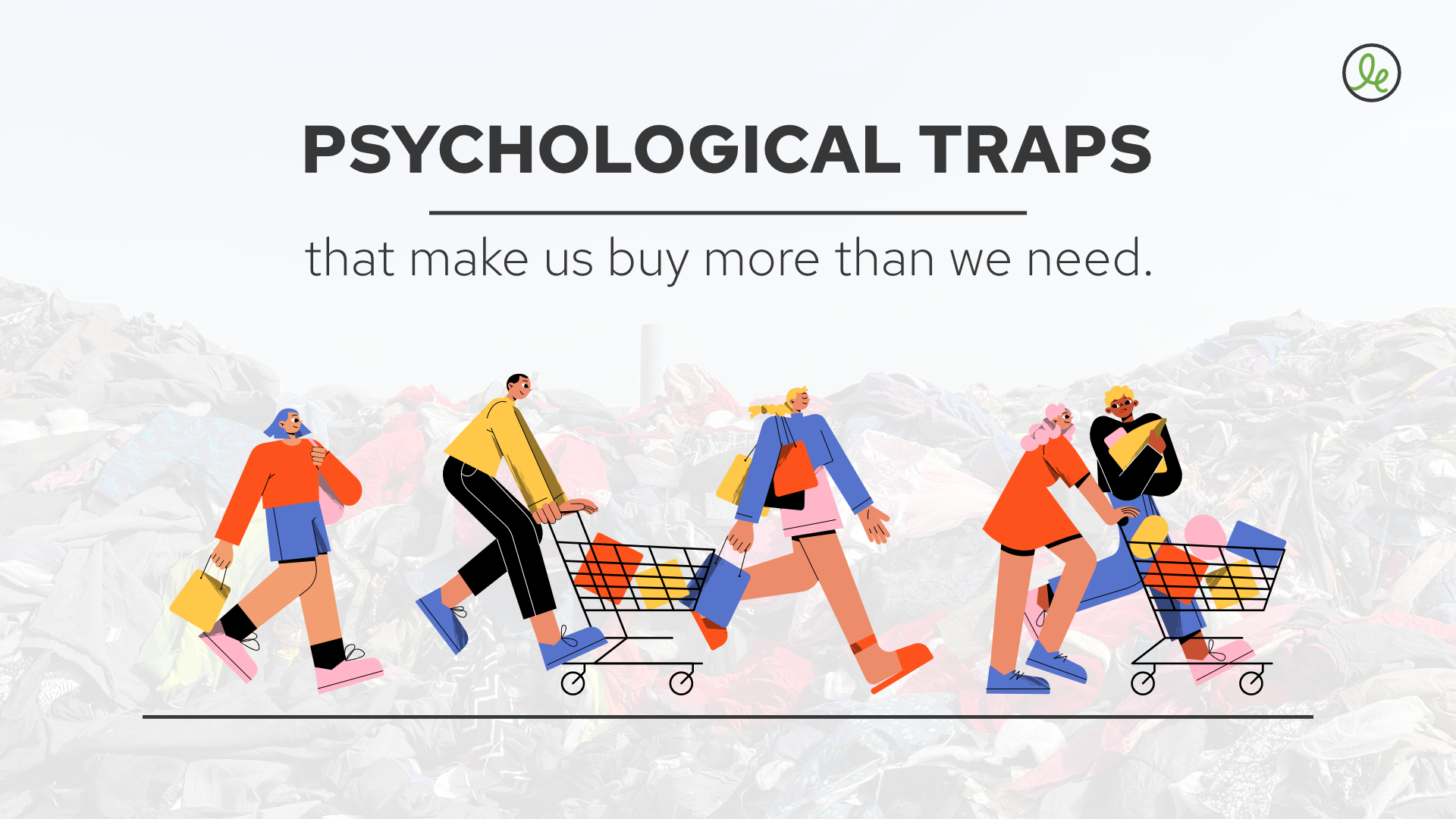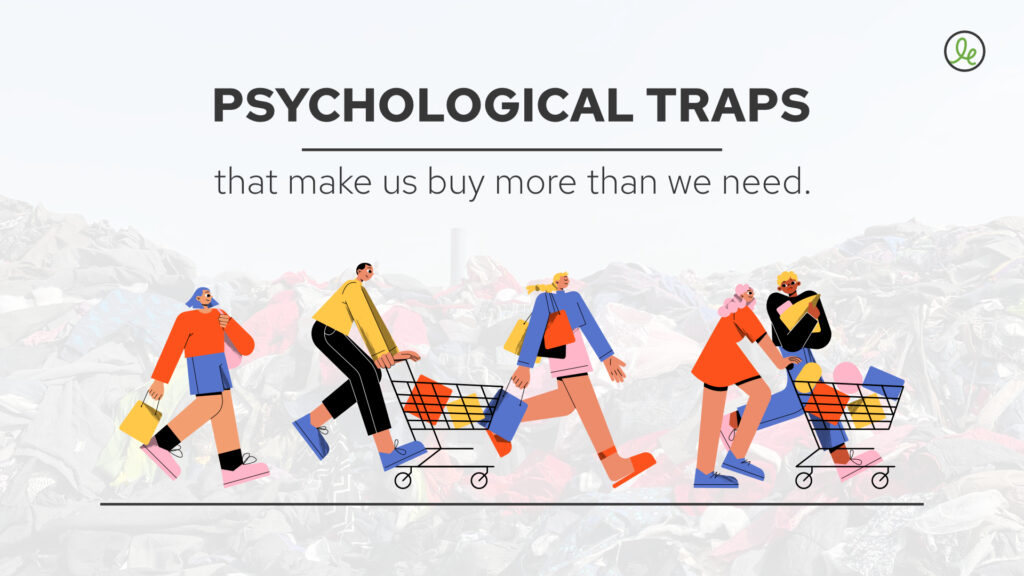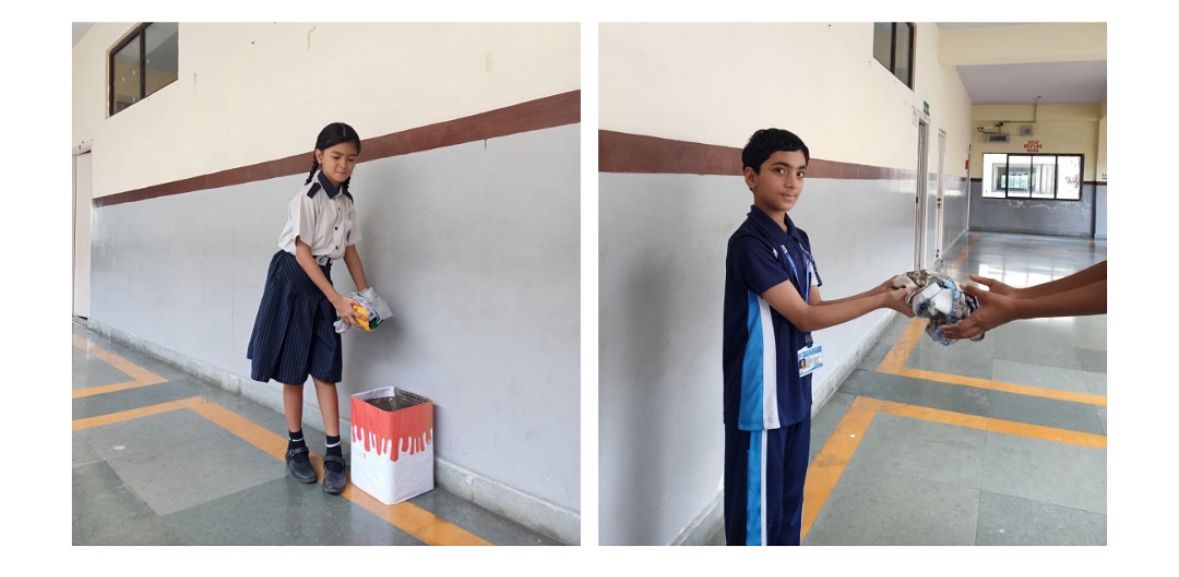
The psychological trap that makes you buy more – FASHION REFUGEE
We view fashion as something liberating, an element which becomes a part of our personality and is expressive yet getting dressed feels like a battle to be won.
We don’t talk about the psychological weight that fashion lays on us, how entering our wardrobes can seem like a war between identity and insecurity, trends and truth, lastly, what fits you and what fits the feed.
We are told to be ourselves when curating a wardrobe but are we really abiding by that or do we let our social media feeds pick out what fits for us.This pushes us into a space where fashion equals survival. Fashion stops being a form of self expression but gains a refugee status – you are always changing, editing, altering, buying and adapting to the needs of the trends. However, another truth lingers that fashion is power and this truth is inevitable. In times like this it becomes significant that we can identify psychological traps set by marketing agencies of fast fashion houses.

These traps exist largely in five forms – the fomo trap, discounted pricing, the all too frequent sales, free shipping and other forms of freebies and lastly celebrity endorsements. Fashion is all about what meets the eye and as a part of a generation where trends are fleeting neither of us wants to miss out on the collections which align with the ongoing trends, we do not want to be left out and be treated as outcastes in the fashion industry simply because we did not purchase what was aesthetically popular at the moment, this is the fomo trap. Pricing is a key factor in the persistent existence of psychological traps in the fashion industry, we as consumers want the best of both worlds – best trending outfits and a fair price point. These fashion houses hide behind the mask of offering eye-catching deals which prevent consumers from understanding the functioning of the brands. We often fall into these traps and indulge into practices which are not environmentally or futuristically sustainable.
These traps cause more than controlling how fashion should be, they dictate and become key players in environmental hazards, they become key contributors in the release of methane and carbon into the atmosphere leading to environmental changes which become detrimental not just in the present but also for the future.
So, here is one thing we need to reclaim – restore fashion from being a part of the mental minefield. To stop performing and avoid giving into non sustainable needs. To wear clothes which align with how we feel, to repeat clothes which make us feel ourselves.



